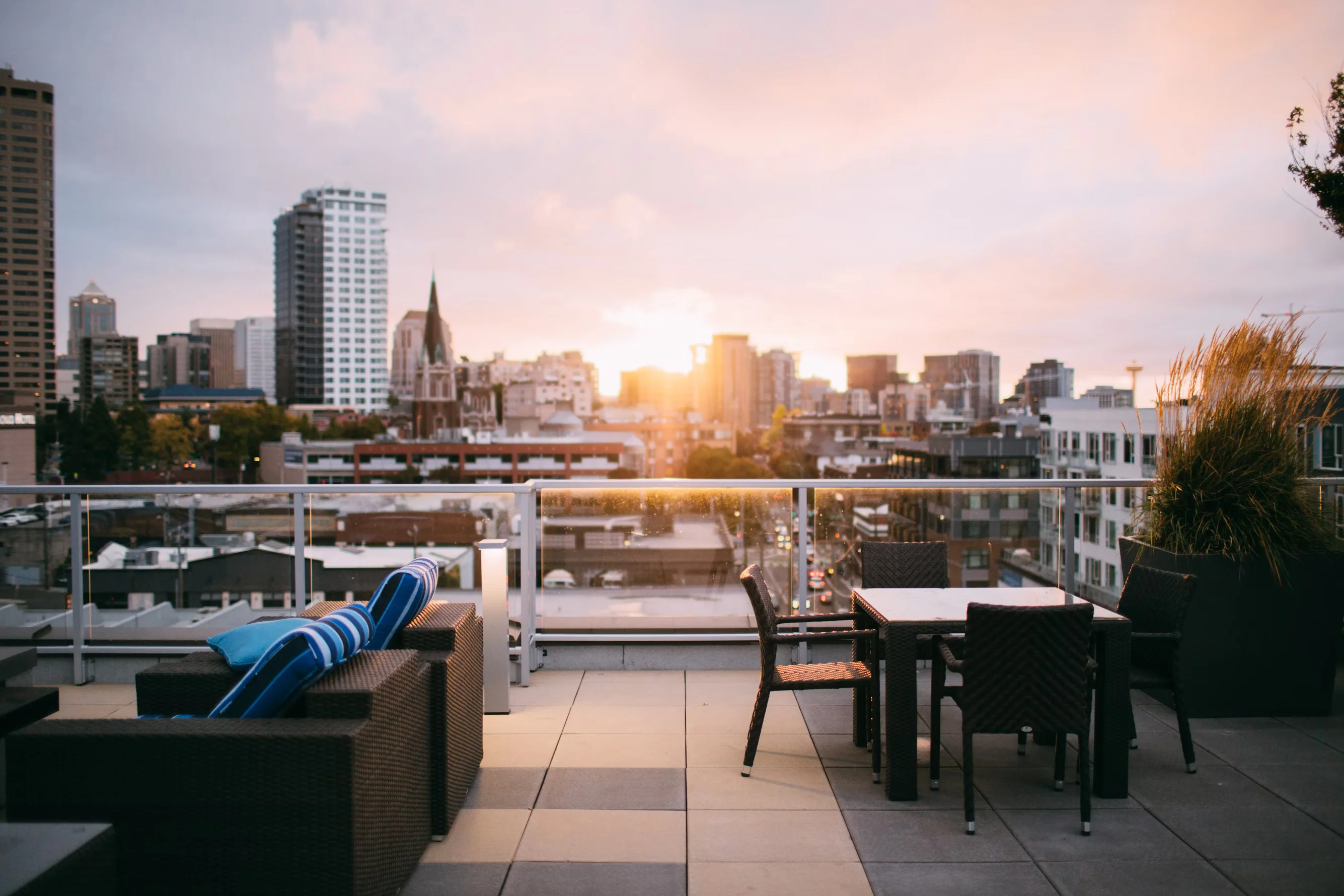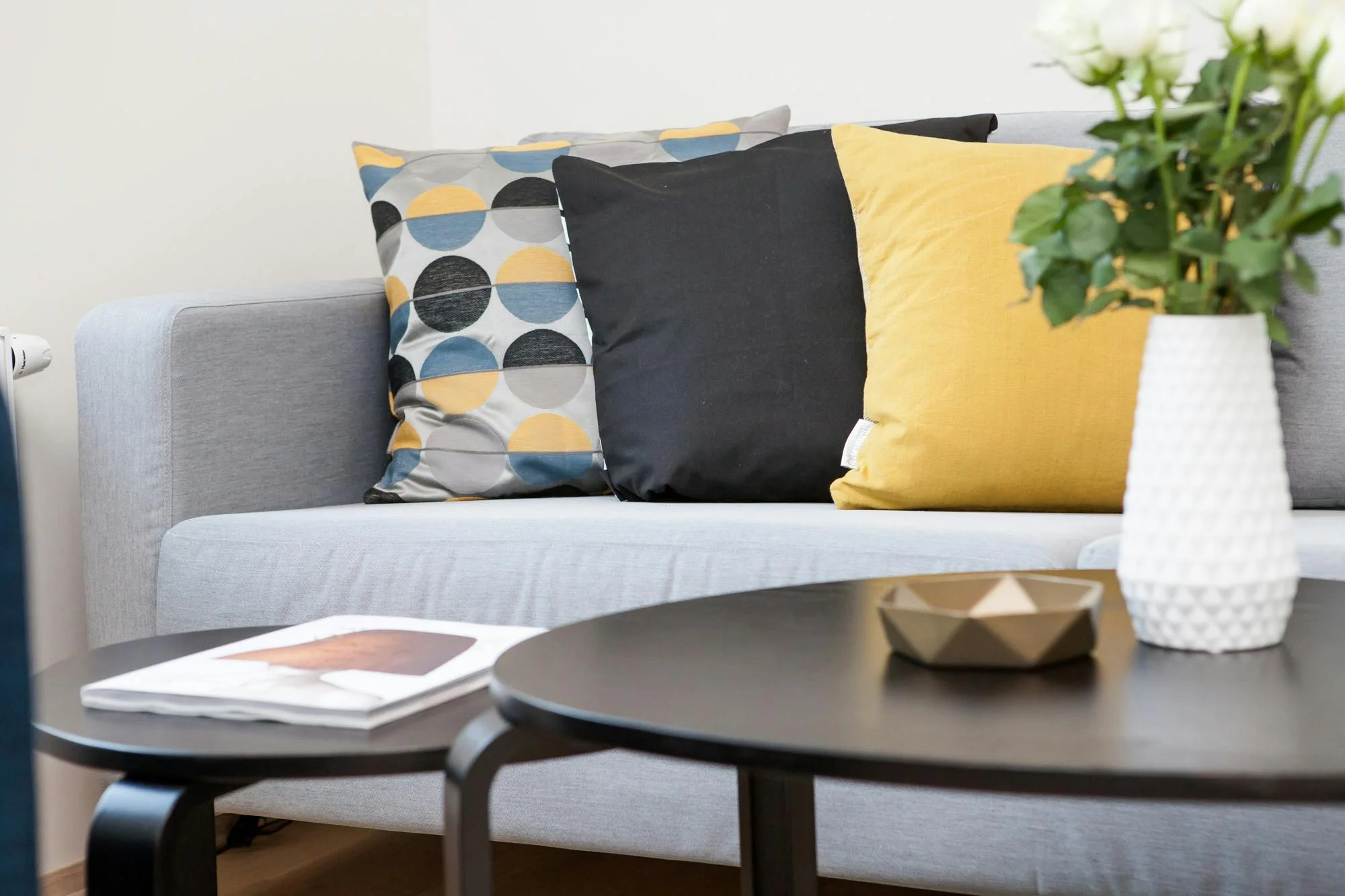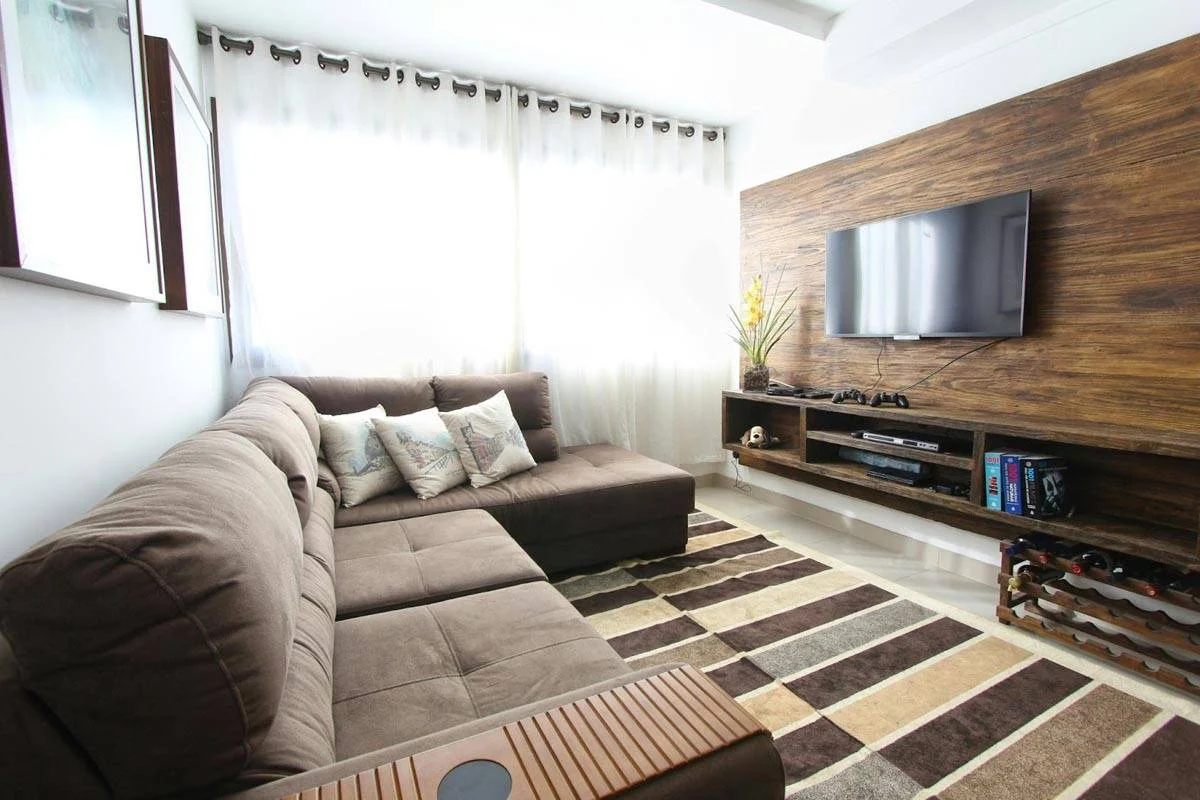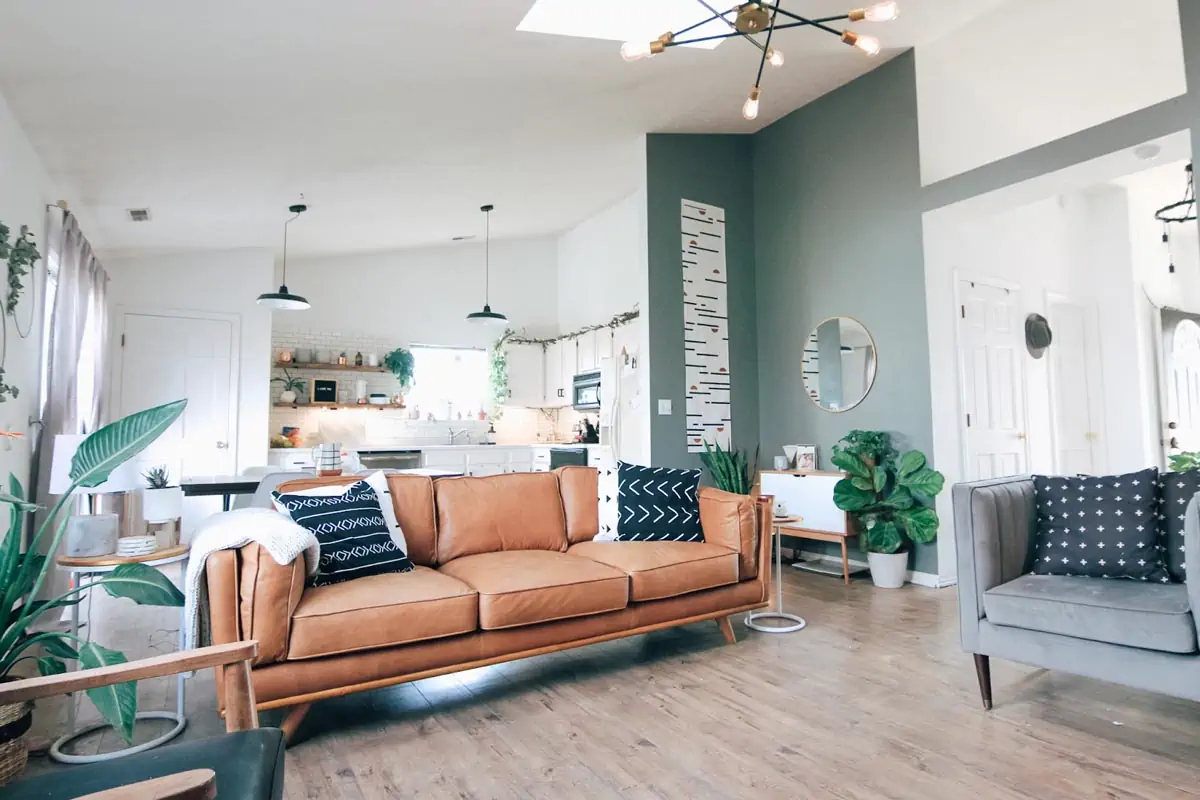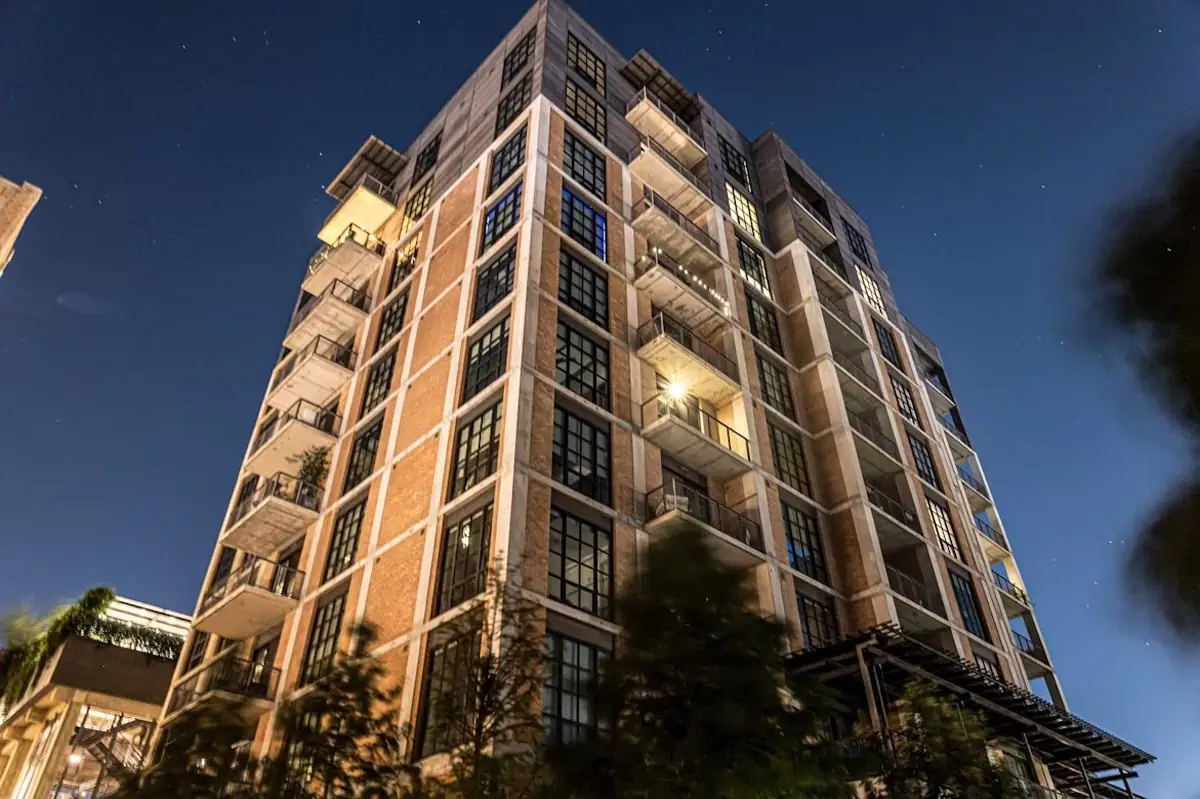A security deposit is an important financial matter in a condo lease contract. Usually in the form of money, a security deposit is an amount a tenant pays the landlord before moving into the condo. Depending on the landlord’s requirements, deposits typically range from a month to three month’s worth of rent.
A renter is entitled to get their deposit back at the end of the lease. However, if you’re not careful, your landlord can claim part of the security deposit or even the whole amount. In any sample lease contract, you will find that the common reasons for security deposit seizures include unpaid rent and utilities, physical damage to property, and necessary cleaning costs. But the truth is, it’s quite easy to get back the full amount of your deposit. Here are 9 simple practices to keep your condo security deposit intact.
1. Avoid early termination of lease
Early termination of lease is a justified reason for your landlord to keep all or part of your security deposit. A condo for lease agreement should have an early termination clause, so the terms should be clear to you. The amount your landlord may get from your security deposit will depend on what’s stated in the agreement you’ve signed. Some provisions for security deposit seizure include terminating the lease before the one-year rental agreement or failing to give a 30-day notice prior to moving out.
2. Pay the right amount of rent on time
 Photo courtesy of nattanan23 via Pixabay
Photo courtesy of nattanan23 via Pixabay
As a tenant in a condo for rent, it’s your contractual obligation to pay the right amount of rent on time. Nonpayment and delayed payment of rent are serious breaches. Nothing can sour a tenant-landlord relationship more than failing to pay rent. Your landlord needs your rent to pay his or her own financial obligations such as property mortgage, taxes, and maintenance bill. When a tenant fails to pay their monthly rent or is chronically late with payment, the landlord is allowed to use the security deposit.
3. Watch out for incidental damage
Even if they’re careful, a lot of condo renters can easily commit incidental damage to the unit. In contrast to deliberate damage, incidental damages involve the wear and tear of floors, windows, walls, and furniture. While condo living in the Philippines is often a worry-free arrangement, it’s important that you keep an eye on incidental damage. Sometimes, the incidental damage was caused by the previous tenant, so it’s crucial that you thoroughly assess the unit’s condition before moving in. Pay special attention to existing damages, no matter how small or trivial they may seem.
4. Leave the condo clean and tidy
Prior to moving out, make sure that you thoroughly clean the condo. Ideally, all areas should look as good as when you moved in. Scrub the bathroom floor and disinfect the kitchen. Most lease contract samples stipulate that the landlord can take a portion of your security deposit if you fail to clean the condo at the end of the lease. It’s better to clean than lose your security deposit, right? Also, don’t assume that you can just leave behind your mattress, furniture, and other items. Remove all of your possessions from the unit, otherwise the landlord can charge you for junk removal service.
5. Settle all utility bills
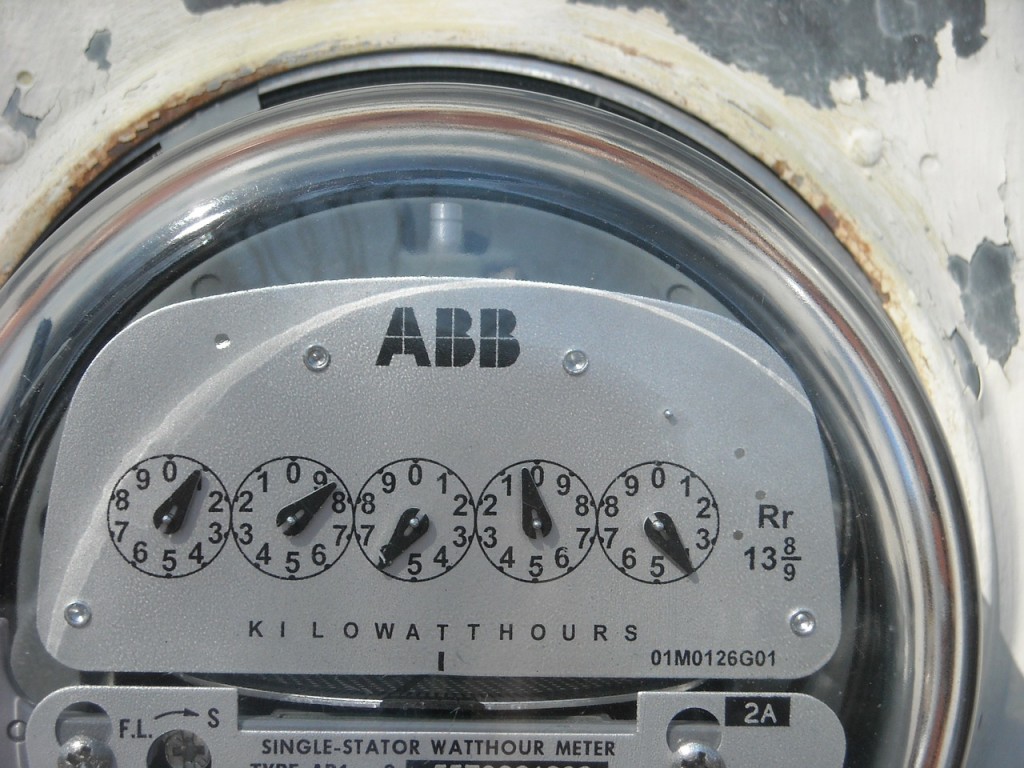 Photo courtesy of biker_becca via Pixabay
Photo courtesy of biker_becca via Pixabay
Depending on the condo living arrangement, the landlord may or may not include utility costs in your rent. If utility costs such as water, gas, and electricity are excluded from you rent, make sure that you settle them before departing the condo. For bundled rent and utility costs, check if you’re within the baseline consumption rates. This is especially important if the units in your condo property are metered separately.
6. Steer clear of unauthorized repairs
One of the advantages of living in a condo of DMCI Properties is you get to enjoy a hotel-like living environment. While home maintenance is important, it’s best to avoid taking matters into your owns hands when it comes to condo repairs. Discuss repairs or DIY fixes with your landlord first. Even if you think that you’re doing your landlord a favor by doing some repairs, the thing is you can end up making the problem worse and lose your security deposit as a result.
7. Follow renovation guidelines
Some of the common condo modifications that can eat into your security deposit include painting walls, hanging framed pictures, and installing a satellite dish. When it comes to condo renovations, it’s best to seek permission from the landlord and condo management. For most renovation projects, you will have to secure a renovation permit from your landlord and the management.
8. Be clear about pet ownership
 Photo courtesy of Fran_F via Pixabay
Photo courtesy of Fran_F via Pixabay
Pets may be adorable, but owning one in your condo can cost you your security deposit. As anyone with a dog or cat knows, pets can cost a lot to care for. Discuss pet ownership with your landlord before signing the lease agreement. There’s no limitation to what a lease contract in the Philippines can include, so you can definitely create a suitable arrangement with your landlord. Note that some landlords may charge a monthly pet rent or a cleaning fee.
9. Communicate well to avoid problems
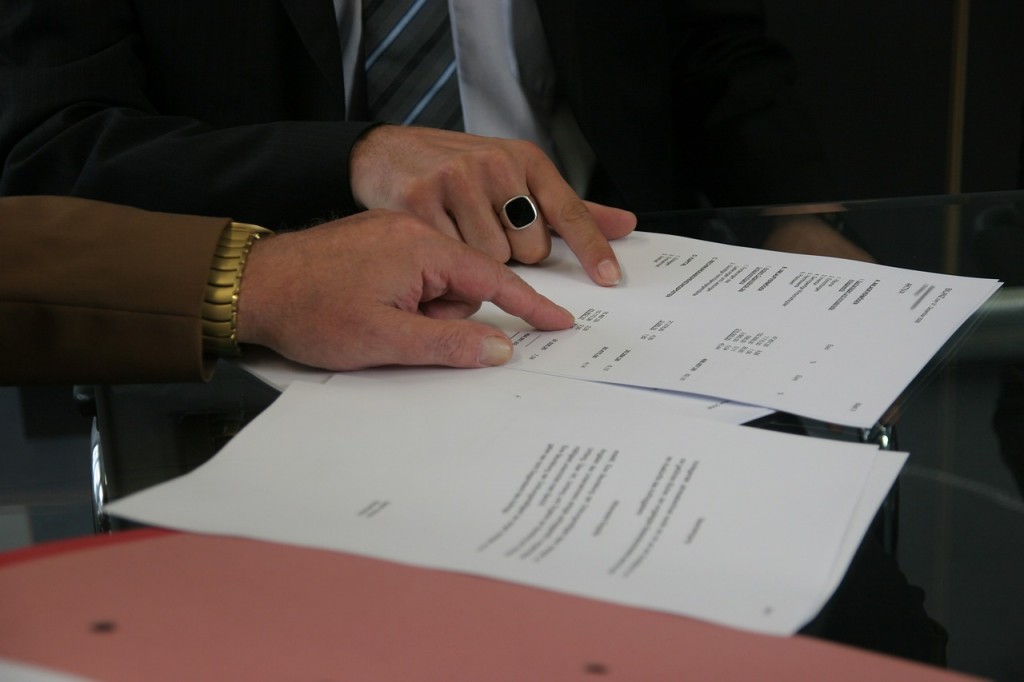 Photo courtesy of delphinmedia via Pixabay
Photo courtesy of delphinmedia via Pixabay
Filipino renters are sometimes complimented for being agreeable and non-confrontational, but this can be a problem if you keep condo issues from your landlord. For starters, carefully read your lease and clarify with your landlord any vague item. For example, the lease may contain words such as “unreasonable time” or “mild damage,” phrases that require clarification. Should any issue arise during your tenancy, immediately contact your landlord so both of you can discuss the matter and find a quick resolution.
While legal measures are sometimes unavoidable in extreme cases, maintaining an amicable relationship with your landlord and acting in good faith as a tenant are key factors to getting back your security deposit. Condo living need not be complicated. By following these 9 tips on how to keep your condo security deposit intact, you can be sure that your lease will end on a good note.


